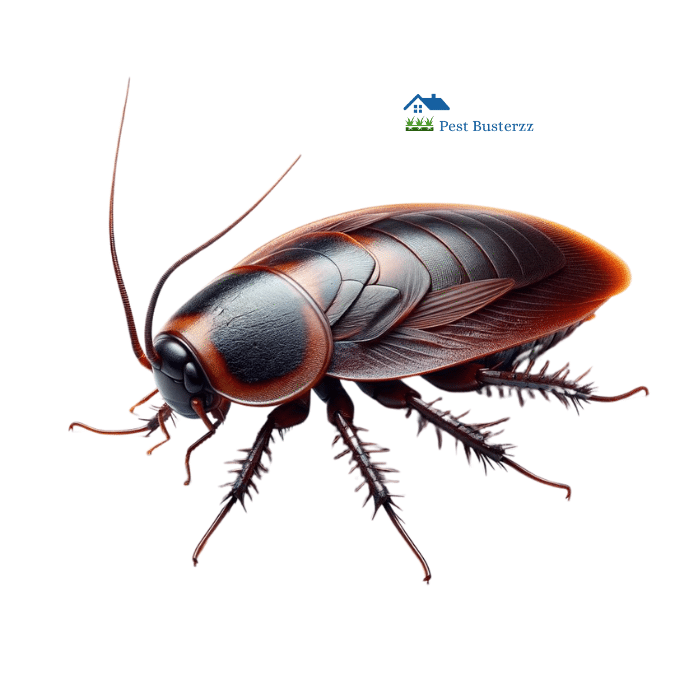
25 Jul What is A Palmetto Bug ?
South Florida’s Notorious Pest
In South Florida, the term “palmetto bug” is a common name for a large, dark-colored cockroach that can be a nuisance in homes and businesses. These insects are often associated with the palmetto trees where they are commonly found. However, the term “palmetto bug” can refer to several different species of cockroaches, including the American cockroach (Periplaneta americana), which is the most common species referred to as a palmetto bug in this region.
Understanding Palmetto Bugs
Palmetto bugs are large cockroaches that can grow up to 1.5 inches in length. They are reddish-brown in color and have a flat, oval-shaped body. These insects are known for their ability to fly short distances, which can be alarming to homeowners when they encounter them indoors.
Habitat and Behavior
Palmetto bugs are primarily outdoor insects that prefer warm, damp environments. They are commonly found in palmetto trees, under mulch, in sewers, and around other moist areas. However, they can enter homes in search of food, water, and shelter. Once inside, they can be found in kitchens, bathrooms, basements, and other areas where moisture is present.
Diet and Reproduction
Palmetto bugs are omnivorous and will eat a variety of organic materials, including food scraps, paper, and even glue. They are particularly attracted to sweet and starchy foods. These cockroaches are also known for their rapid reproduction rate. A female palmetto bug can produce up to 16 egg cases in her lifetime, each containing around 14 to 16 eggs.
Health Risks
While palmetto bugs are not known to bite humans, they can pose health risks due to their ability to spread bacteria and other pathogens. They can contaminate food and surfaces with their feces and body parts, which can lead to food poisoning and other illnesses. Additionally, their presence can trigger allergies and asthma in some individuals.
Prevention and Control
Preventing palmetto bug infestations involves eliminating their access to food, water, and shelter. Here are some tips for keeping these pests at bay:
- Seal cracks and crevices in walls, floors, and around pipes to prevent entry.
- Keep your home clean and free of food debris.
- Store food in airtight containers.
- Fix leaky faucets and pipes to reduce moisture.
- Use a dehumidifier in damp areas of your home.
- Remove piles of leaves, mulch, and other debris from around your property.
- Trim branches and shrubs that touch your home to prevent easy access.
If you already have a palmetto bug infestation, it’s important to act quickly to eliminate the problem. Pest Busterzz offers professional pest control services to effectively deal with palmetto bugs and other common pests in South Florida. Our experienced technicians use safe and effective methods to eliminate infestations and prevent future occurrences.
Professional Treatment Options
Pest Busterzz offers a range of treatment options for palmetto bug infestations, including:
Insecticide Treatments: Our technicians use specially formulated insecticides to target palmetto bugs in their hiding places. These treatments are designed to be safe for use in homes and businesses.
Baiting Systems: We can install bait stations that attract and kill palmetto bugs. This method is effective for controlling populations and preventing future infestations.
Exclusion Techniques: We can help you identify and seal entry points to prevent palmetto bugs from entering your home.
Regular Maintenance: Regular pest control services can help keep palmetto bug populations under control and prevent future infestations.
Conclusion
Palmetto bugs can be a nuisance in South Florida, but with the right prevention measures and professional pest control services, you can keep your home free of these pests. If you’re dealing with a palmetto bug infestation, contact Pest Busterzz for expert assistance. Our team is dedicated to providing effective and safe solutions to protect your home and family from unwanted pests.


No Comments